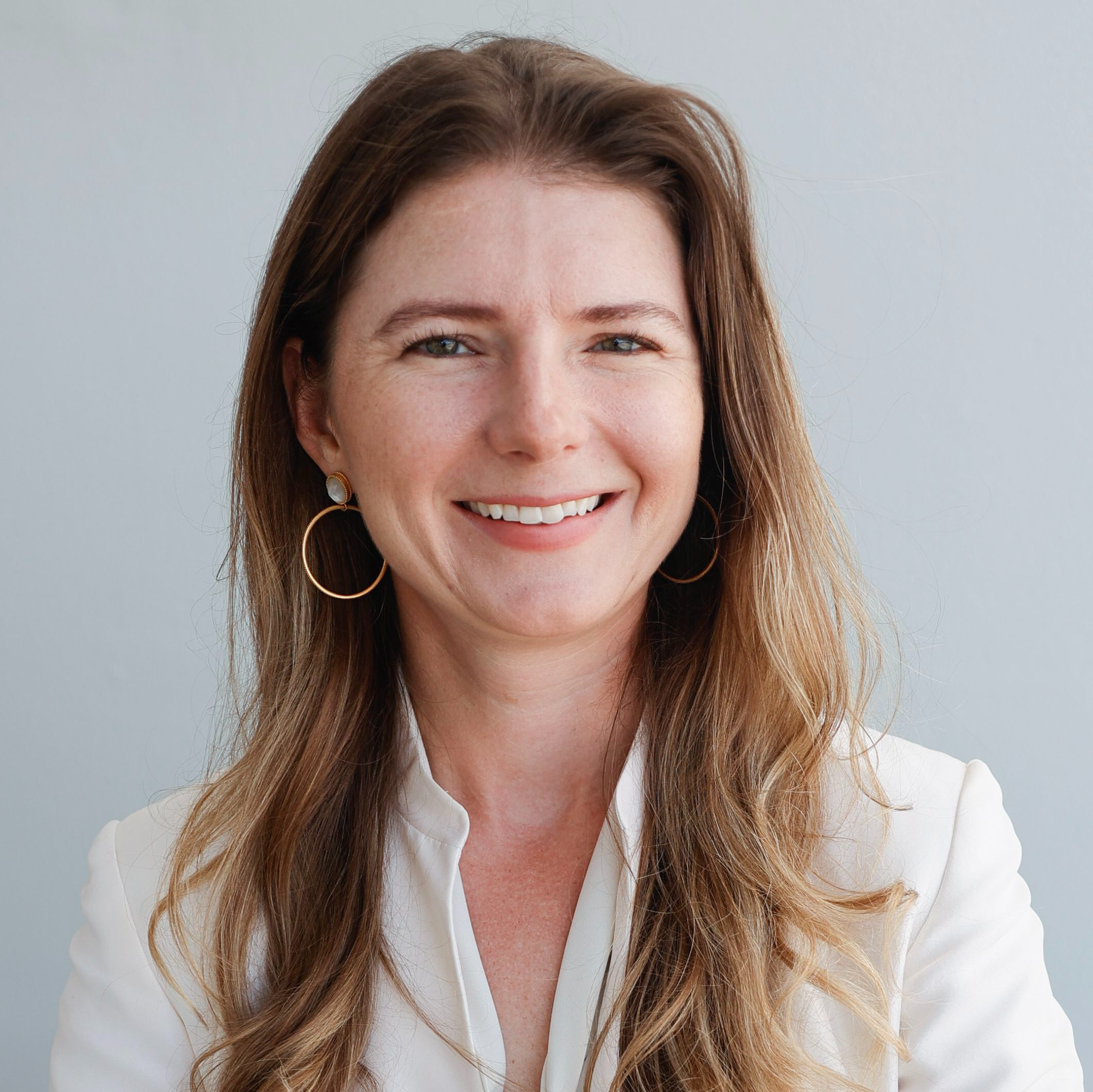Delta sees ‘steady improvement’ in high-end travel this fall

Five months after Delta Air Lines backpedaled its predicted record profitability for this year following tariffs’ effects on the economy, company leaders say things have stabilized.
The company on Thursday reaffirmed its expected revenue and profits for the year, because of strong corporate and high-end leisure travel demand for the rest of 2025 — even as inflation and job layoffs have been on the rise.
“We’re seeing very strong domestic corporate demand into the fall, which we’re very excited about,” Delta President Glen Hauenstein said during an investor presentation Thursday.
Delta’s revenue from cheaper fares in the main cabin remains down as low-income consumers continue to struggle, he said, but the company is making enough from its premium customers to offset that.
Atlanta-based Delta had its “highest post-pandemic corporate sales number for any day in any week in September,” he said. High-end leisure travel is also doing “incredibly well” in the fall as October becomes something of a peak month.
Consumer confidence has been on a journey this year, the carrier’s Chief Financial Officer Dan Janki explained.
“It was one of those years where (consumers) started with a lot of confidence,” he said. “We saw the step back in late spring, and you saw that erosion in both consumer and corporate confidence.”
But since then there has been a “steady improvement in both the consumer and the corporate confidence” in mid-summer and the fall, he said.
While Delta’s target demographic — households making more than $100,000 — seems to be spending on air travel, lower-income consumers are not, Hauenstein said.
“There’s a lot of consternation... at the bottom end for the consumer who’s lost income relative to inflation,” or is dealing with the effects of higher interest rates or student loan payments, he said.
“They’ve been under a lot of stress,” and as a result, low-cost carriers are “not doing as well as the companies that cater to a higher income bracket” like Delta, he noted.
Spirit Airlines last month filed for bankruptcy for the second time in a year and is cutting service to 12 cities as a result.
Delta plans to increase its percentage of premium seats next year to a “record” level as a continuation of its high-income consumer strategy, Hauenstein said. Its main cabin domestic seats will be flat to slightly down next year, he said.
The airline also is trying to make premium seats more “accessible” as it continues adding new levels of fares, he said, in an effort to keep younger consumers loyal before they can afford Delta’s top tier fares.
The company plans to announce tests of new fare products in the months ahead, Hauenstein said. “We’re mid-innings in this.”



